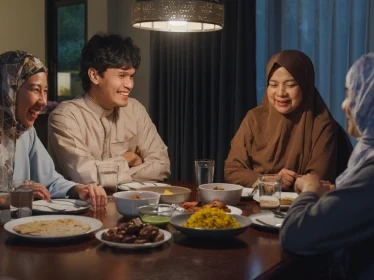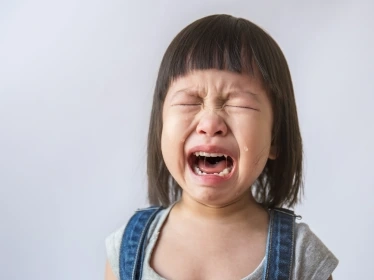Paediatric Pneumonia - World Pneumonia Day

What is Paediatric Pneumonia?
Pneumonia is an infection of the lungs. It is sometimes called a chest infection.
Viruses are a common cause of pneumonia in younger children and account for up to 50-80% of all community acquired pneumonia (CAP) in children under 5 years old compared to older children adolescents and adults where bacterial pneumonia is more common
Unlike adults, children who have pneumonia may not experience a persistent cough or fever and may have signs of infection that are much more subtle e.g., low body temperature, irritability, restlessness, or poor feeding.
Young children are also at greater risk of contracting the disease because their immune systems aren’t fully developed and have a more serious illness due to their smaller airways. However, death from pneumonia is rare occurring in < 1% of hospitalized children
Types and Causes of Pneumonia
Pneumonia in children can be caused by viruses, bacteria or rarely fungi and other microbes in immunocompromised hosts.
Viruses are the most common cause of CAP in infants and children younger than 5 years of age with Respiratory syncytial virus, Influenza virus and human metapneumovirus being the more common causes.
Streptococcus pneumoniae is the most common bacteria pathogen causing pneumonia in children of all ages. Other common bacteria causes include Mycoplasma pneumoniae and Chlamydia pneumonia
Children with poor nutrition and exposed to secondhand smoke are also more likely to suffer from pneumonia. While children with underlying heart disease, lung disease, neuromuscular disorders, immunodeficiency disorders are at risk of more severe pneumonia.
Empyema thoracis occurs when infection spreads to the pleural space which is located in between the lung and chest wall. It can result in a collection of pus in the chest and thick pleural peel which entraps the lung. Untreated infections may lead to persistent fever, difficulty in breathing and other long-term side effects.

Signs & Symptoms of Paediatric Pneumonia
Unlike adults, children who have pneumonia may not experience a persistent cough or fever and may have signs of infection that are much more subtle
- Fever with or without chills
- Cough which may be dry or phlegmy
- Fast and/or difficult breathing
- Irritability or fatigue
- Chest pain when coughing or breathing
- Nausea, vomiting (often after coughing) or diarrhea
- Abdominal aches or pain
Available Treatments for Pneumonia in Children
While these are some ways you can adopt to help your child feel better, remember to consult your paediatrician for the best treatment option for your child.
- Sufficient rest, fluids and nutrition
- Fever medications
- Antimicrobial treatments: Appropriate antibiotics for bacterial pneumonia, antivirals are used for some viral pneumonia e.g., influenza pneumonia
- Cough and phlegm medications may not help and are not routinely used
- Children who are very unwell may need to be admitted to hospital for additional treatments e.g., oxygen, intravenous antibiotics and intravenous hydration
- Rarely, procedures such as chest tube insertion or surgery may be required for those who develop complications from the pneumonia e.g., Empyema (collection of pus in the chest)
Surgical Treatment
Video-assisted thoracoscopic surgery (VATS) decortication is one of the main treatment options for advanced empyema thoracis in children. This ‘key-hole’ surgery is done to evacuate pus from the chest and free the lungs from the entrapment of peel. To find out more about paediatric surgeries, visit Nobel Paediatric Surgery Centre.
Prevention for Paediatric Pneumonia
Here are some habits to help lower the risk of your child getting pneumonia:
- keep up to date with recommended vaccinations e.g., Pneumococcal, influenza vaccination,
- maintain good hand hygiene,
- avoid secondhand smoke,
- ensure a healthy diet, adequate sleep and exercise.




